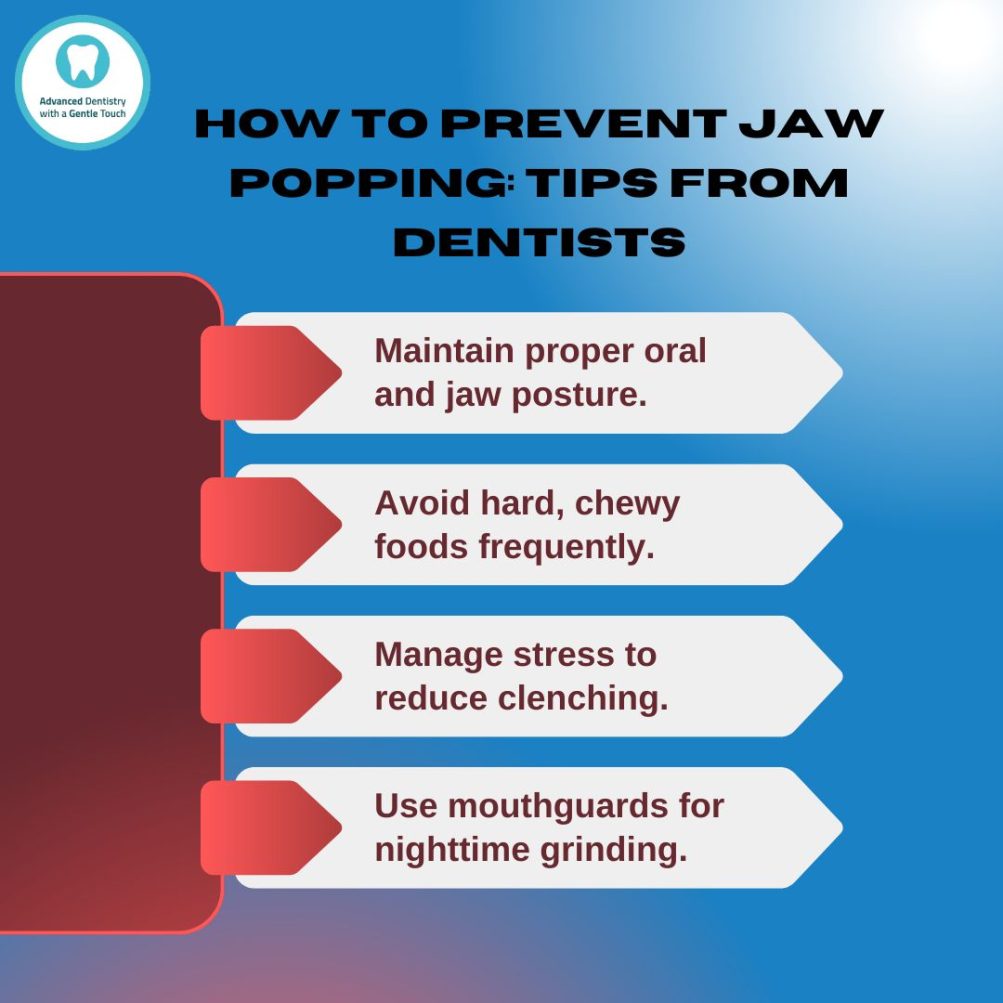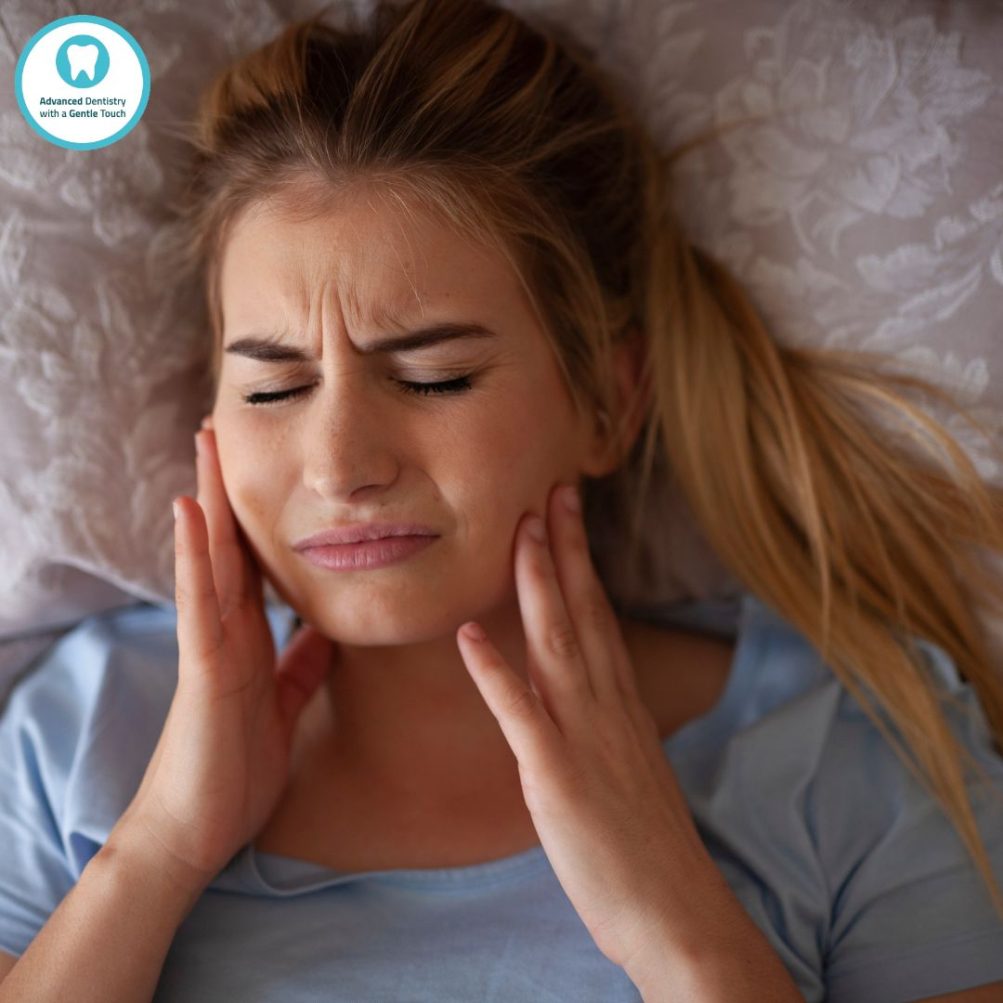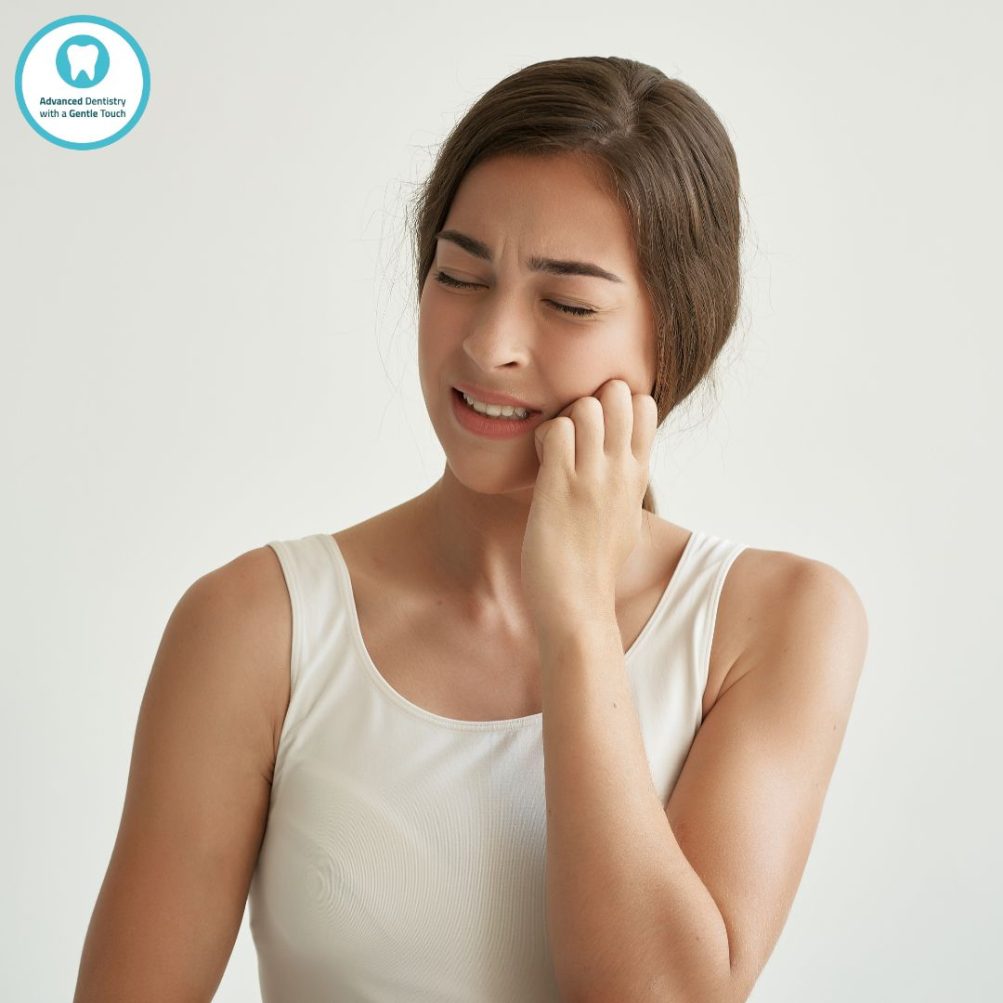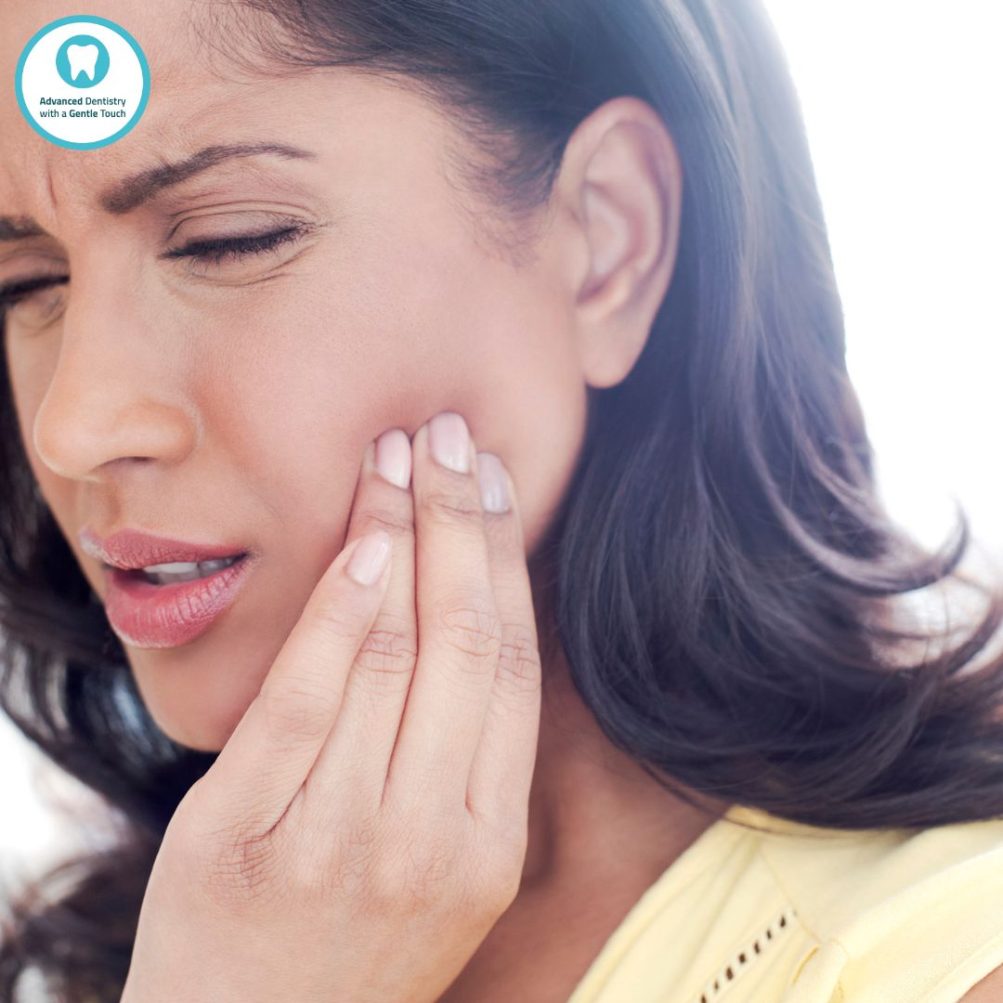How to Prevent Jaw Popping: Tips from Dentists

If you’ve ever noticed a clicking or popping sound in your jaw, you’re not alone. Jaw popping is a surprisingly common issue that can affect people of all ages. It often happens during activities like chewing, talking, or even yawning. For some, it’s a harmless quirk, but for others, it can signal an underlying problem with the jaw joint, known as the temporomandibular joint (TMJ).
Many people ask questions like, “Why does my jaw keep popping?” or say, “My jaw keeps popping, and I don’t know why!” The good news is that there are ways to address this issue, but it starts with understanding what causes it and how to prevent it.
This is where professional guidance becomes crucial. A TMJ expert can evaluate your symptoms, pinpoint the cause, and create a treatment plan tailored to your needs. Dr. Korwin, a trusted TMJ expert in New Jersey, is here to help you find relief and improve your overall oral health. With the right care, you can prevent jaw popping and regain comfort in your daily life.

Understanding Jaw Popping
What is Jaw Popping?
Jaw popping refers to the clicking or popping sound that comes from the temporomandibular joint (TMJ) when you move your jaw. This joint, located on either side of your face, connects your jawbone to your skull and plays a key role in everyday movements like talking, chewing, and yawning.
When you hear or feel a pop in your jaw, it’s often a symptom of an issue with the TMJ. In fact, TMJ jaw popping is one of the most common signs of temporomandibular joint disorders (TMD). While it might not always be painful, it can be alarming — especially if it happens often or starts to interfere with normal jaw function.
The TMJ is a complex structure that allows smooth, precise movements. However, when it’s under stress or not functioning properly, the result can be that unmistakable clicking sound, which leaves many wondering what’s going on.
Common Causes of Jaw Popping
Temporomandibular Joint Disorders (TMD)
A primary cause of jaw popping is TMD, a condition that affects the TMJ's ability to function properly. In many cases, it’s due to misalignment, stress, or tension in the joint.
Bruxism (Teeth Grinding)
Teeth grinding, or bruxism, is another leading cause of jaw popping. When you clench or grind your teeth — often unknowingly during sleep — you put extra pressure on the TMJ. This can lead to inflammation, discomfort, and that unsettling popping sound when you move your jaw.
Arthritis
Arthritis, particularly osteoarthritis or rheumatoid arthritis, can affect the TMJ by wearing down the cartilage that cushions the joint. Over time, this can result in jaw popping on one side or even clicking with pain, making everyday activities uncomfortable.
See also Mouth Friendly Tips for Your 4th of July BBQ
Injury or Trauma
An injury to the face or jaw, whether from an accident or impact, can disrupt the alignment of the TMJ. This misalignment can cause jaw popping when chewing or other movements. Even if there’s no pain, it’s a sign that something may need attention.
Other Causes
Sometimes, jaw popping isn’t tied to a major condition but could result from habits like chewing gum excessively, poor posture, or even stress. These can also be signs of minor issues that, if left unaddressed, could escalate into something more serious. Understanding these potential causes is the first step toward finding a solution.

The Importance of Addressing Jaw Popping
Potential Complications
Ignoring jaw popping might seem harmless at first, especially if it doesn’t hurt, but it can lead to bigger problems over time. One common issue is chronic pain, which can develop as a result of constant stress on the jaw joint. This often shows up as TMJ headaches — headaches that stem from problems in the temporomandibular joint. These can make daily life more difficult, especially when combined with jaw discomfort.
In more serious cases, joint damage may occur. Persistent jaw popping without treatment can gradually wear down the joint, leading to conditions like arthritis or permanent misalignment. Though rare, some people worry about more severe issues, such as clicking jaw cancer. If you’re concerned about long-term complications, it’s always best to get a professional opinion.
Impact on Quality of Life
Living with jaw popping can affect your daily life. Eating and speaking difficulties are common. Jaw popping when chewing can make meals uncomfortable, even causing people to avoid certain foods. Over time, this can affect your nutrition and overall well-being.
It’s also important to consider the emotional impact. The uncertainty can create stress and anxiety, affecting your peace of mind. By addressing the issue early, you can avoid unnecessary physical and emotional strain.

Tips from Dentists on Preventing Jaw Popping
- Maintain Good Oral Posture
Good oral posture is a small adjustment that can make a big difference in managing jaw popping. Start by keeping your teeth slightly apart and your tongue resting gently on the roof of your mouth. This relaxed position reduces tension on the jaw joint and can prevent that unsettling popping sound.
Another habit to avoid is resting your chin on your hand, as it adds unnecessary pressure to the jaw joint. Over time, this can worsen alignment issues and lead to more frequent popping. Your posture throughout the day also plays a role. An ergonomic workspace — where your monitor is at eye level, and your desk is at a comfortable height — helps you maintain good posture. This reduces tension in your neck and jaw, limiting the chances of clenching or opening your mouth too widely.
- Avoid Chewing Hard and Chewy Foods
Certain foods can be tough on your jaw, especially if it’s already sensitive. Hard candies, nuts, and tough meats require extra effort to chew, which can strain the temporomandibular joint. Softer alternatives are kinder to your jaw and can help reduce popping.
See also Dentist Reviews Middletown & Red Bank, New Jersey
Pay attention to how you chew. Try to chew evenly on both sides of your mouth to distribute pressure more evenly across your jaw. If you’re in the habit of chewing gum, consider cutting back. While it might seem harmless, constant chewing can overwork the joint and exacerbate popping.
- Stress Management Techniques
Stress and tension often manifest physically, including in the jaw. Simple relaxation techniques like deep breathing, meditation, or yoga can help you unwind and prevent teeth clenching, a major contributor to jaw popping.
If stress is leading to bruxism (teeth grinding), seeking professional help can be valuable. A counselor or therapist can provide tools to manage stress, breaking the cycle of tension that impacts your jaw health. Adding regular exercise to your routine can also help. Physical activity reduces overall tension and promotes relaxation, providing relief from TMJ-related headaches and jaw discomfort. It’s a simple yet powerful way to keep your jaw — and your body — in better balance.
- Regular Dental Check-ups
Routine dental visits aren’t just about clean teeth — they’re an essential step in catching potential jaw issues early. A dentist can identify subtle signs of TMJ problems or other concerns before they become more serious. This proactive approach saves you from future discomfort and more complex treatments. Dr. Korwin can provide tailored recommendations based on your specific situation.
Whether you need tips on managing symptoms or advice on lifestyle changes, professional guidance goes a long way toward effectively addressing jaw popping. Keeping up with regular cleanings is also key to maintaining overall oral health. A healthy mouth reduces the risk of complications that could worsen jaw issues. For more urgent concerns, visiting an urgent care dentist or emergency dentist in New Jersey can be a critical step in preventing further discomfort.

- Jaw Exercises and Stretches
Gentle jaw movements can make a big difference in reducing popping and improving your range of motion. For instance, slowly opening and closing your mouth while keeping it relaxed can ease tension and promote flexibility. These jaw exercises are easy to do at home.
Strengthening exercises, like pressing your chin lightly against your hand for resistance, can help build muscle support around the TMJ. This additional strength can stabilize the joint, reducing the chances of popping during everyday movements. The key to success with these exercises is consistency. Doing them regularly, even for just a few minutes each day, can lead to noticeable improvements.
- Proper Use of Mouthguards
If teeth grinding is contributing to your jaw popping, a night guard can be a game changer. These devices prevent grinding while you sleep, which reduces strain on the TMJ and helps minimize popping over time. Custom mouthguards made by a dentist are far more effective than generic, store-bought options. They’re designed to fit your mouth perfectly, providing the right level of support and comfort. A custom guard is one of the best tools for addressing jaw popping.
See also Dental Implants: How Technology Has Revolutionized Treatment Planning
Taking care of your mouthguard is just as important as using it. Regular cleaning and proper storage keep it in good condition, ensuring it works as intended. You can also complement its use with simple home remedies like ice packs for swelling or warm compresses for soothing tension. These additional steps can help you understand “how to relieve jaw popping” and take control of your symptoms.
- Medications and Therapies
For those struggling with tension in the jaw joint, muscle relaxants can be a helpful option. They work by reducing muscle tightness, making it easier to move your jaw without discomfort. This can be particularly beneficial if you’re dealing with frequent popping or clenching. Physical therapy is another effective approach for addressing jaw popping. A therapist can guide you through exercises that improve jaw movement and strengthen the muscles around the TMJ.
If you’re experiencing jaw pain, consider searching for “TMJ treatment near me.” Visiting a clinic that specializes in TMJ care can provide tailored relief.
Conclusion
Jaw popping can be more than just a minor annoyance — it’s often a sign that something deeper is going on with your jaw health. Preventing and addressing it early is key to avoiding long-term discomfort. Simple steps like maintaining good oral posture, avoiding hard or chewy foods, and incorporating stress management techniques can go a long way toward relief. Exercises, mouthguards, and regular check-ups are also crucial tools in your journey to better oral health.
While home remedies and lifestyle adjustments can help, sometimes professional care is essential. Dr. Korwin, a trusted TMJ expert in Middletown, NJ, and Red Bank, is here to provide the tailored TMJ treatment you need. Whether you’re dealing with mild popping or persistent pain, a consultation with a professional can make all the difference.
By following these guidelines on how to prevent jaw popping, you’re taking an important step toward improving your quality of life and protecting your oral health.
Don’t let jaw popping hold you back — schedule an appointment today to learn how to stop it effectively and get back to feeling your best.
